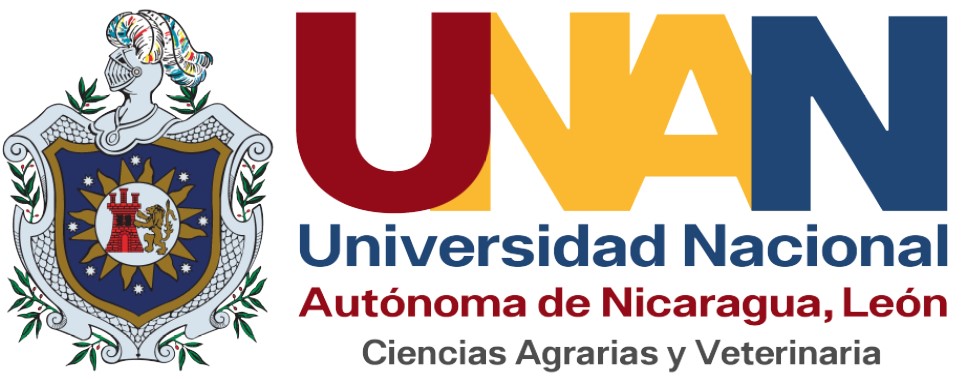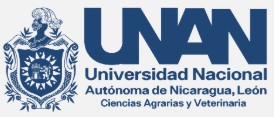Socioeconomic impact of food production bonus
DOI:
https://doi.org/10.5377/ribcc.v2i1.5697Keywords:
Productive Bonus, Poverty, Benefits, ProtagonistsAbstract
The present work focused on a literature review to determine the benefits that the Alimentary Productive Bonus has brought to families in the communities, taking as a background the level of poverty in which the inhabitants of the communities have lived. In the process of rural education, the Productive Bonus issue is interesting as part of the government's management to promote rural development.
In the conclusions the new model of integral attention to the micro and small rural production, is inclusive for women managing to promote the family economy, where the woman has had to overcome many cultural adversities aimed at extreme poverty, likewise this program has come to empower rural women by giving them revolutionary ideas, since it is a program that demands that they be responsible with the benefits acquired and helps them to achieve it, their self-esteem rises, making them feel useful to their family and society.
All of the above contributes to visualize a socio-economic impact in the municipalities and therefore to the sustainable development necessary to raise the quality of life in the population of this country.
Downloads
Metrics
References
Baumeister, E., & Rocha, J. F. (2009). Crisis y pobreza rural en América Latina: el caso de Nicaragua. Documento de Trabajo, (47).
Cáceres, S. (2007). El gobierno debe cambiar: el desarrollo rural no se resuelve en secreto. Revista Envío Num 302, mayo. Universidad Centroamericana UCA.
Cero, U. A. D. P. H. (2008). EL DERECHO A LA ALIMENTACIÓN Y LA LUCHA PARA COMBATIR EL HAMBRE EN NICARAGUA.
Centeno Sánchez, J. A. (2010). Desempeño del bono productivo agroalimentario en la alimentación de las familias beneficiadas del Municipio de Sébaco en el año 2007.
Corpeño, L., & Karina, T. (2014). Propuesta de metodología para el monitoreo y seguimiento del programa productivo alimentario en Nicaragua: matriz de marco lógico.
Finnegan, K. (2011). Sostenibilidad y Autogestión en Programas de Seguridad Alimentaria en Nicaragua.
Hernández Herrera, Z. L. (2011). Impacto del programa productivo alimentario (PPA), en la seguridad alimentaria nutricional y las prácticas de género en familias de socios y socias de la unión de cooperativas Peñas Blancas, municipio El Tuma La Dalia, Matagalpa, Nicaragua.
Kester, P. (2009). Informe evaluativo (2007-2008) Programa Productivo Alimentario (PPA)"Hambre Cero". Managua, Nicaragua: Embajada del Reino de los Países Bajos. http://costarica.nlambassade.org/binaries/content/assets/postenweb/n/nicaragua/nederlandse- ambassade-in- managua/import/ontwikkelingssamenwerking/ontwikkelingssamenwerking/documenten--- rapporten-ambassade/informe-evaluativo-2007-2008-ppa-hambre-cero-paul-kester.pdf Visitado el 17 de Febrero 2016.
Mairena Salgado, F. (2010). Programa productivo agroalimentario (PPA) estudio en el municipo del Tuma-La Dalia/Nicaragua
Martínez, R., & Palma, A. (2014). Seguridad alimentaria y nutricional en cuatro países andinos: Una propuesta de seguimiento y análisis.
Oxfam Internacional (2010). Informe Anual 2009-2010. https://www.oxfam.org/sites/www.oxfam.org/files/file_attachments/story/oxfam_internacional_- _informe_anual_2009-2010_0.pdf Visitado el 16022016.
Rodríguez, T., Torres, R. M., Gómez, L., Bayres, K., & Velásquez, D. (2013). Agricultura Familiar en Nicaragua.
Zamora, E. Sistematizacion. Documentacion del Bono Productivo Alimentario Fase Inicial. Documento Final. FUNICA.
Downloads
Published
How to Cite
License
Copyright (c) 2018 Revista Iberoamericana de Bioeconomía y Cambio Climático

This work is licensed under a Creative Commons Attribution-NonCommercial-ShareAlike 4.0 International License.
Copyright © 2025 Rev. iberoam. bioecon. climate change. National Autonomous University of Nicaragua León (UNAN-León), Knowledge Area of Agrarian and Veterinary Sciences / Specific Area of Agroecology and Agribusiness / Center for Research in Agrarian Sciencies. Academic Directorate. Research Department. Publication and scientific events Unit.












 EDITORIAL
EDITORIAL e-ISSN
e-ISSN


 COPYRIGHT
COPYRIGHT This work is licensed under a Licencia Internacional
This work is licensed under a Licencia Internacional 












